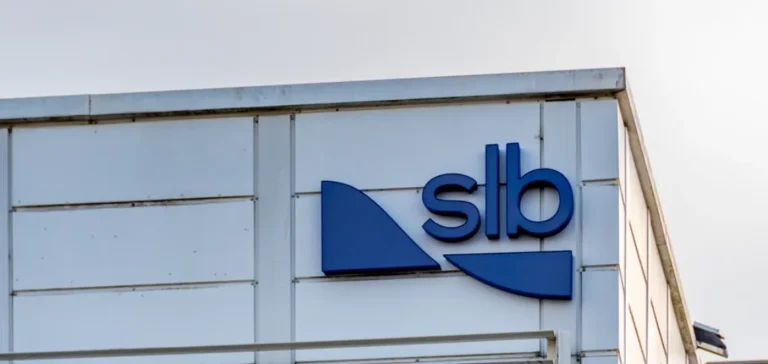The Competition Bureau of Canada has announced the conclusion of a consent agreement with Schlumberger Limited, following its proposed acquisition of ChampionX Corporation. This transaction raised significant concerns related to competition, particularly in the oilfield equipment and services segment. Schlumberger and ChampionX are two global players also active in the Canadian oil and gas market, providing critical technological inputs to the industry.
Competition Bureau review and competitive risks
The Bureau’s detailed review identified three essential products likely to be affected by the transaction: polycrystalline diamond compact (PDC) cutters, PDC bearings and quartz transducers. These components are used in the manufacture of drilling tools for oil and gas extraction, as well as in the supply of directional drilling and well completion services. According to the authority’s findings, the acquisition could have resulted in decreased innovation and restricted access to these products for companies operating in Canada.
To address these concerns, Schlumberger has agreed to divest US Synthetic, a ChampionX subsidiary specialising in the production of PDC technologies, including cutters and bearings. Additionally, the agreement includes the licensing of intellectual property held by Quartzdyne, also a ChampionX subsidiary, relating to quartz transducers.
Agreement terms and implications for the sector
These corrective measures, incorporated in the consent order reached with the Bureau, are intended to preserve competitive dynamics in the Canadian market by ensuring access to the relevant technologies. Once registered with the Competition Tribunal, the agreement will have the same force as a court order. The Competition Bureau acknowledged the cooperation of both parties throughout the review process, stating that the implemented measures should limit the impact of the transaction on the oil and gas sector.
Schlumberger, a global provider of energy services and equipment, and ChampionX, an international supplier of oilfield solutions, are among the main suppliers of technologies used by Canadian companies in the sector. The obtained consent includes commitments on asset divestment and licensing in order to address the expected anti-competitive effects of the merger, according to the official statement from the Competition Bureau.






















